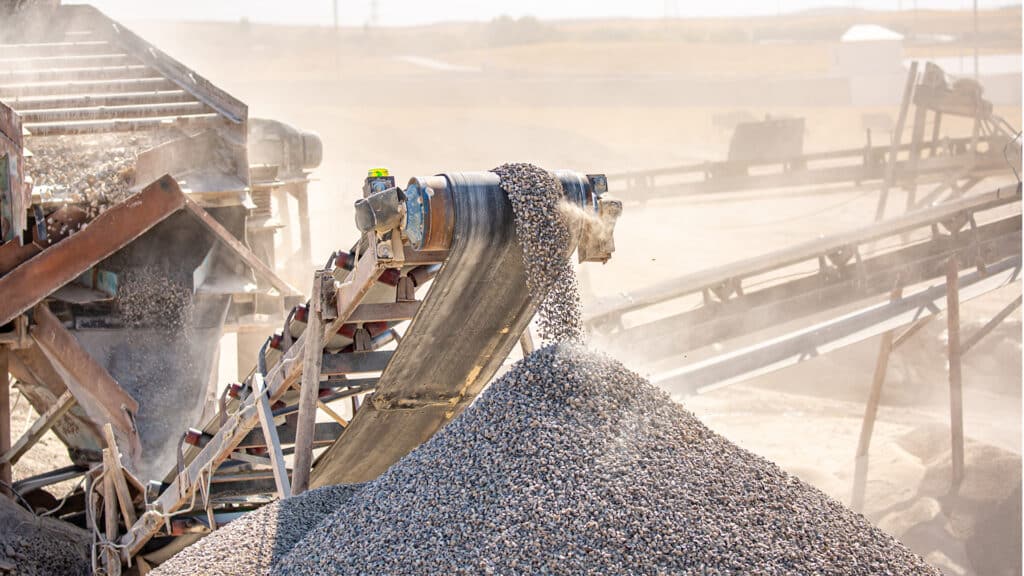EU announces €12 billion in investments in Central Asia

The European Union (EU) has prepared a €12 billion package of investments for the Central Asian countries within its Global Gateway program. President of the European Commission Ursula von der Leyen announced the initiative during the first EU-Central Asia summit in Samarkand, Uzbekistan, as reported by Spot.uz.
According to the European official, the new Global Gateway investment package worth €12 billion will be a joint effort of the EU and its member states.
She also emphasized that the package would lay the foundation for the launch of large-scale projects across all of Central Asia: in Kazakhstan, Kyrgyzstan, Tajikistan, Turkmenistan and Uzbekistan.
«This is, indeed, the beginning of a new chapter in our long friendship,» von der Leyen highlighted.
The EU is going to allocate this €12 billion for the development of four key areas: transportation (€3 billion), critical minerals (€2.5 billion), hydropower and climate (€6.4 billion), and satellite internet (€100 million).
Furthermore, the European Bank for Reconstruction and Development (EBRD) is preparing an additional package of projects in the sphere of critical minerals and renewable energy worth €7 to €8 billion. These projects are expected to be implemented by 2027.
The EU and Kazakhstan also plan to implement a 2025 and 2026 roadmap within their memorandum on critical materials, batteries and green hydrogen.
As Ursula von der Leyen noted, some global powers want only to extract critical minerals, whereas Europe offers a different approach, striving to become a true partner in the development of local industries.
She pointed out that Central Asian states possess 40% of global reserves of manganese, along with significant amounts of lithium and graphite. Both resources are expected to become the foundation of the global economy of the future, the EU Commission president said.
Von der Leyen believes that the EU and Central Asia can work together to develop local industries at all stages of the raw material value chain — starting from material production and manufacturing to opening new research labs and providing training for local workers.
Earlier this year, the EU and Central Asia signed a €3 billion contract on critical minerals.

